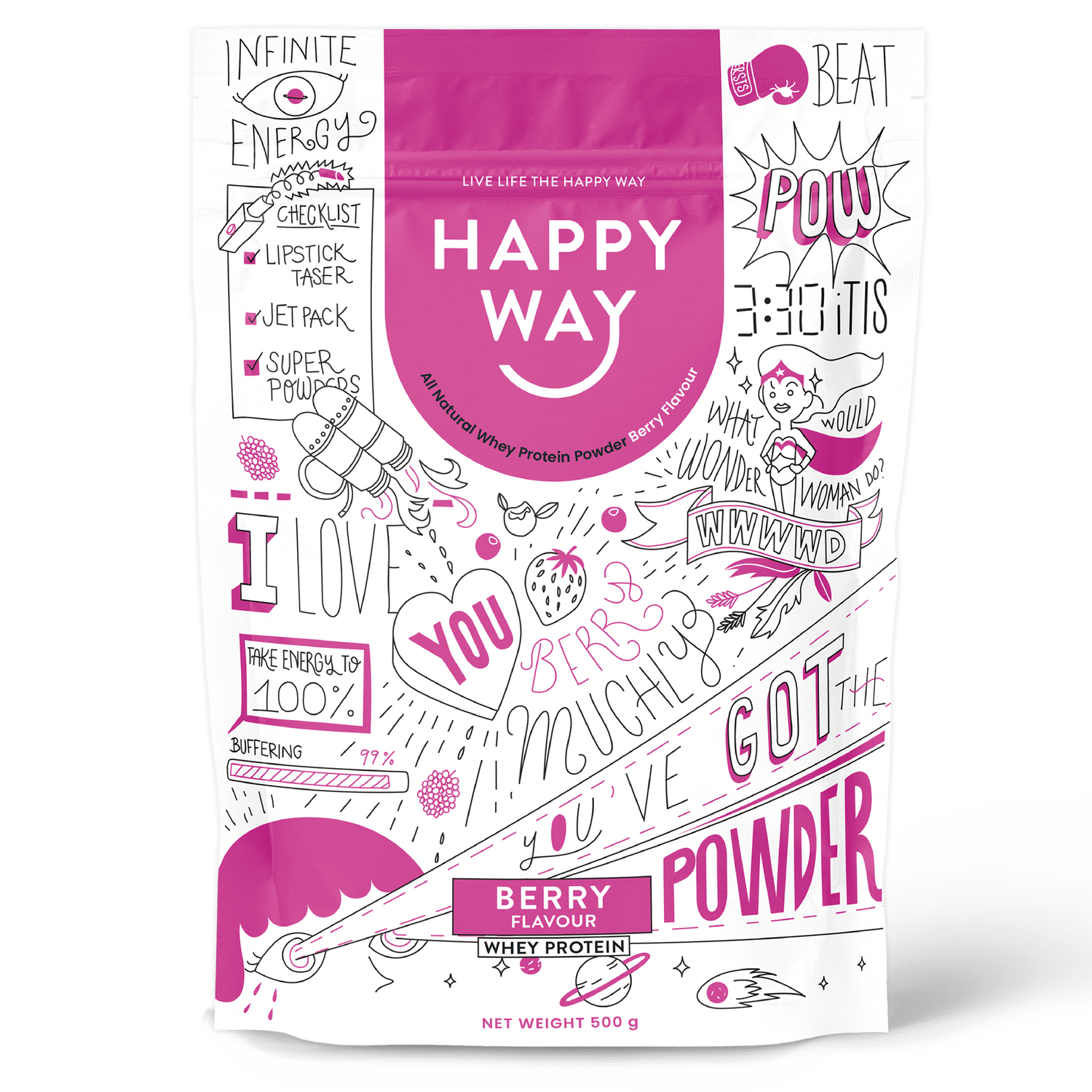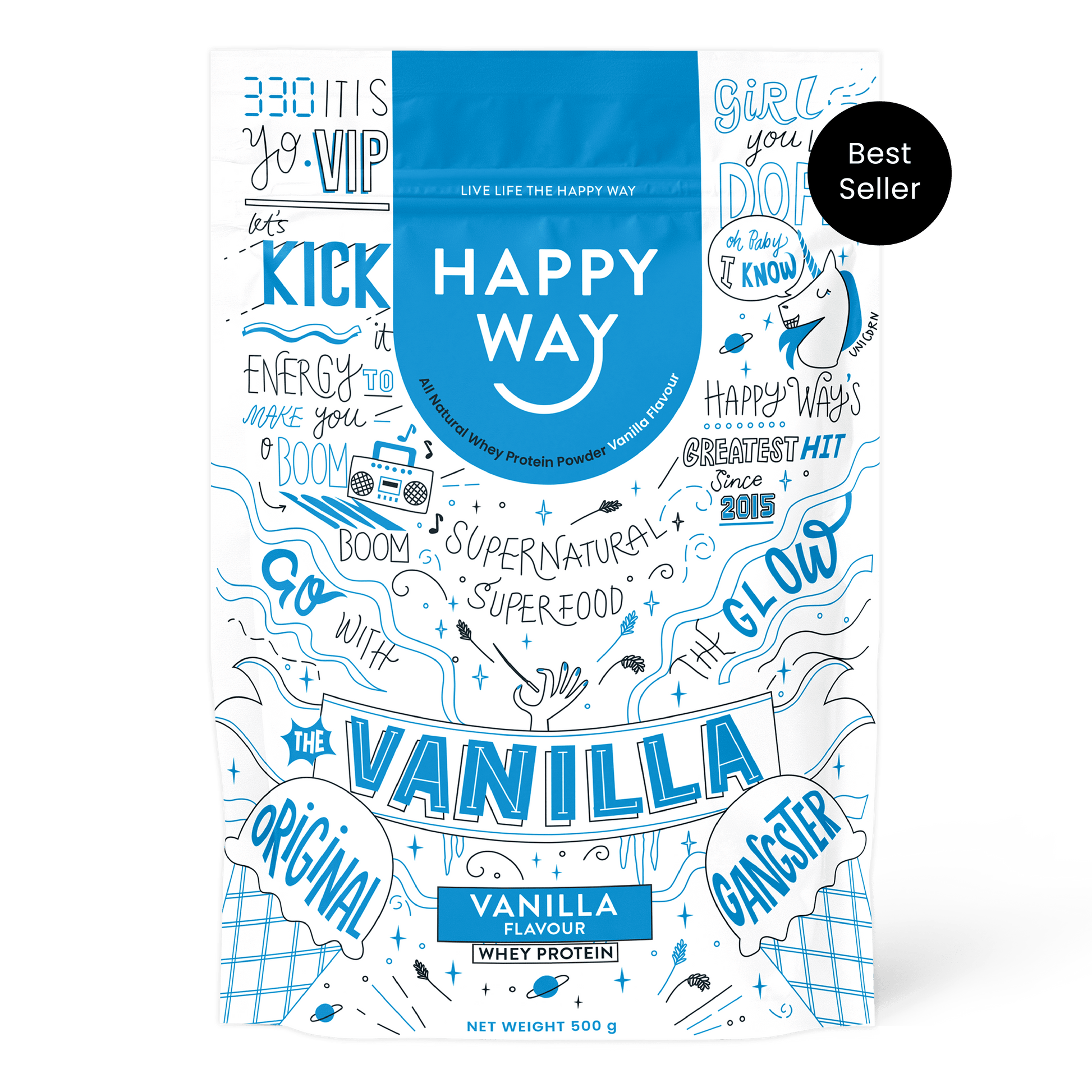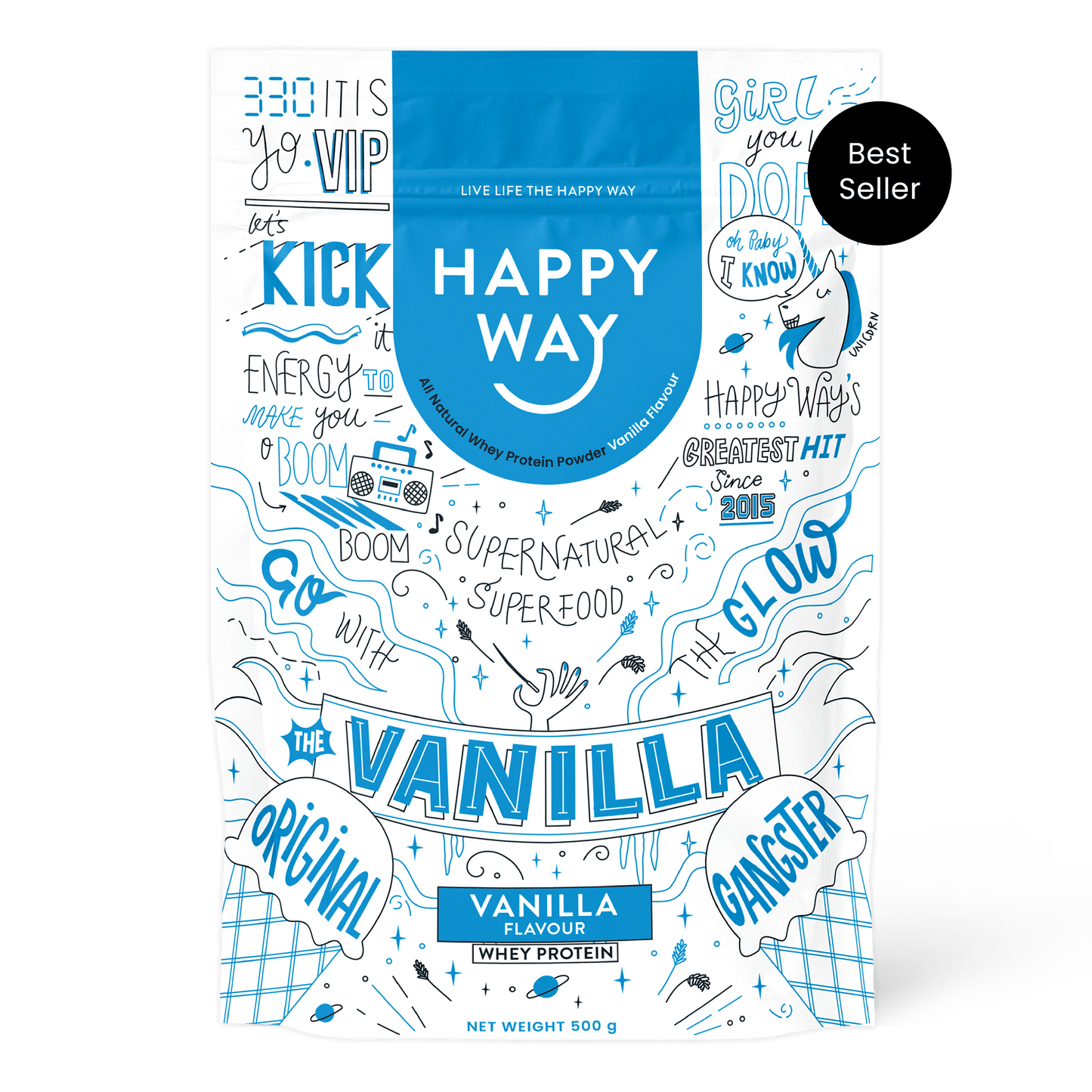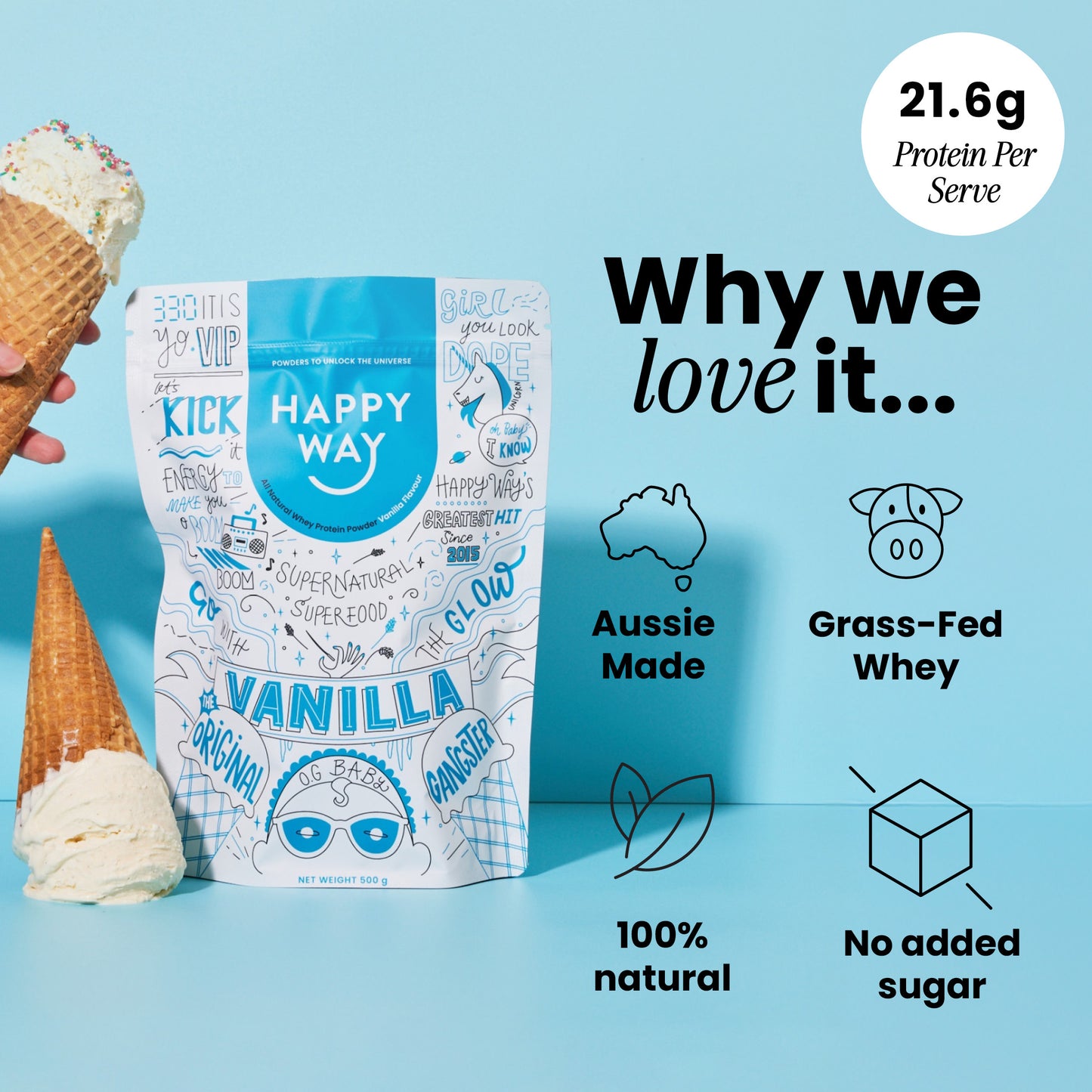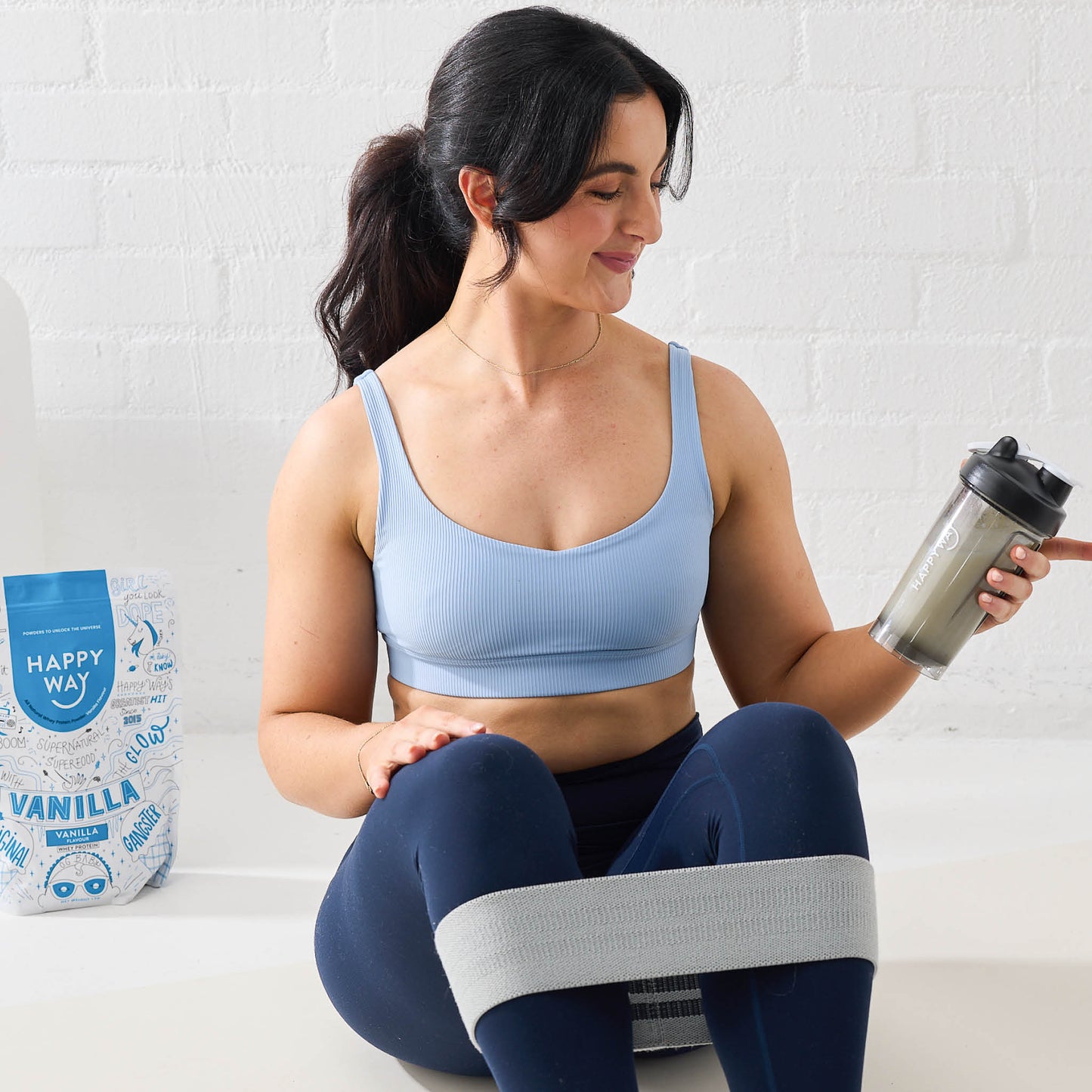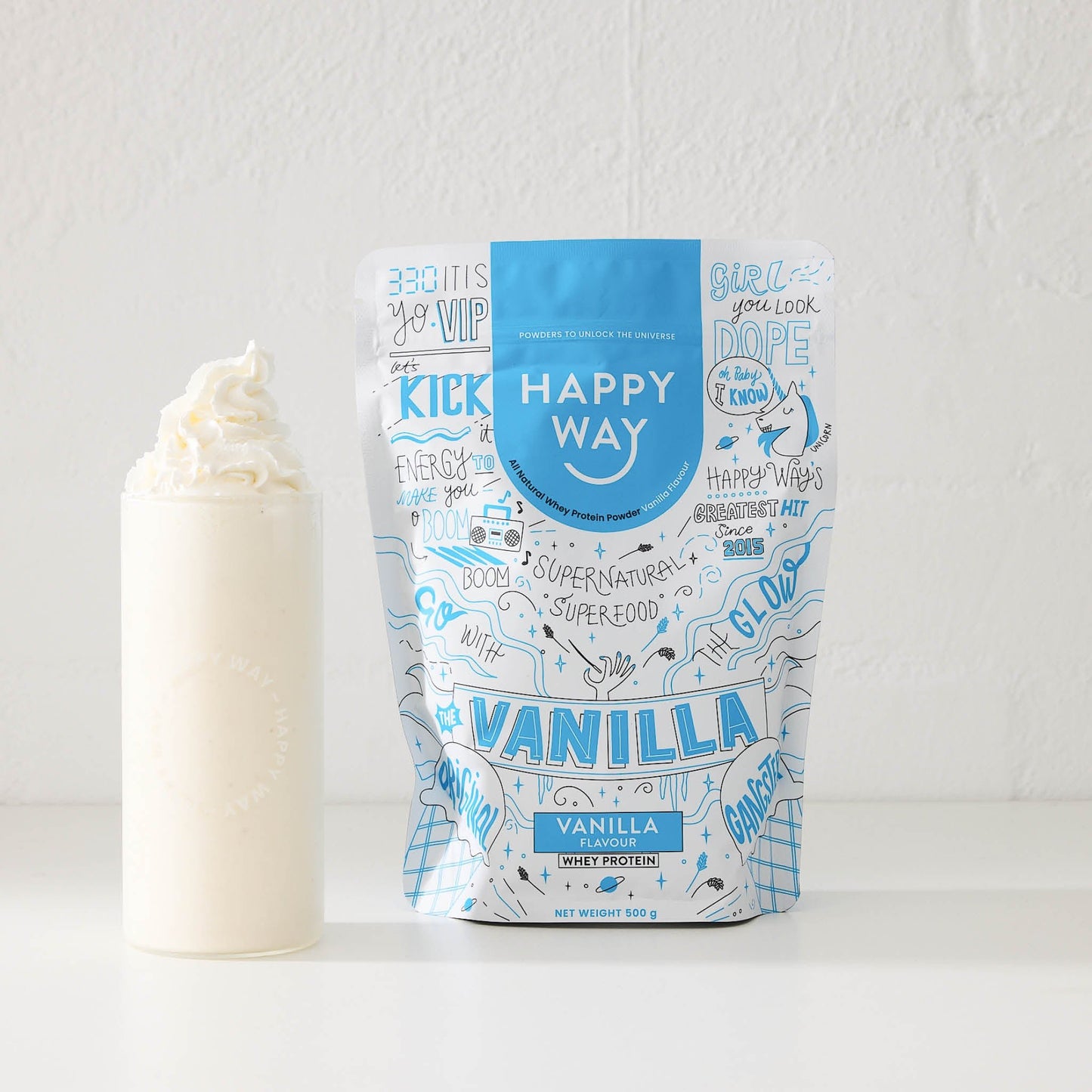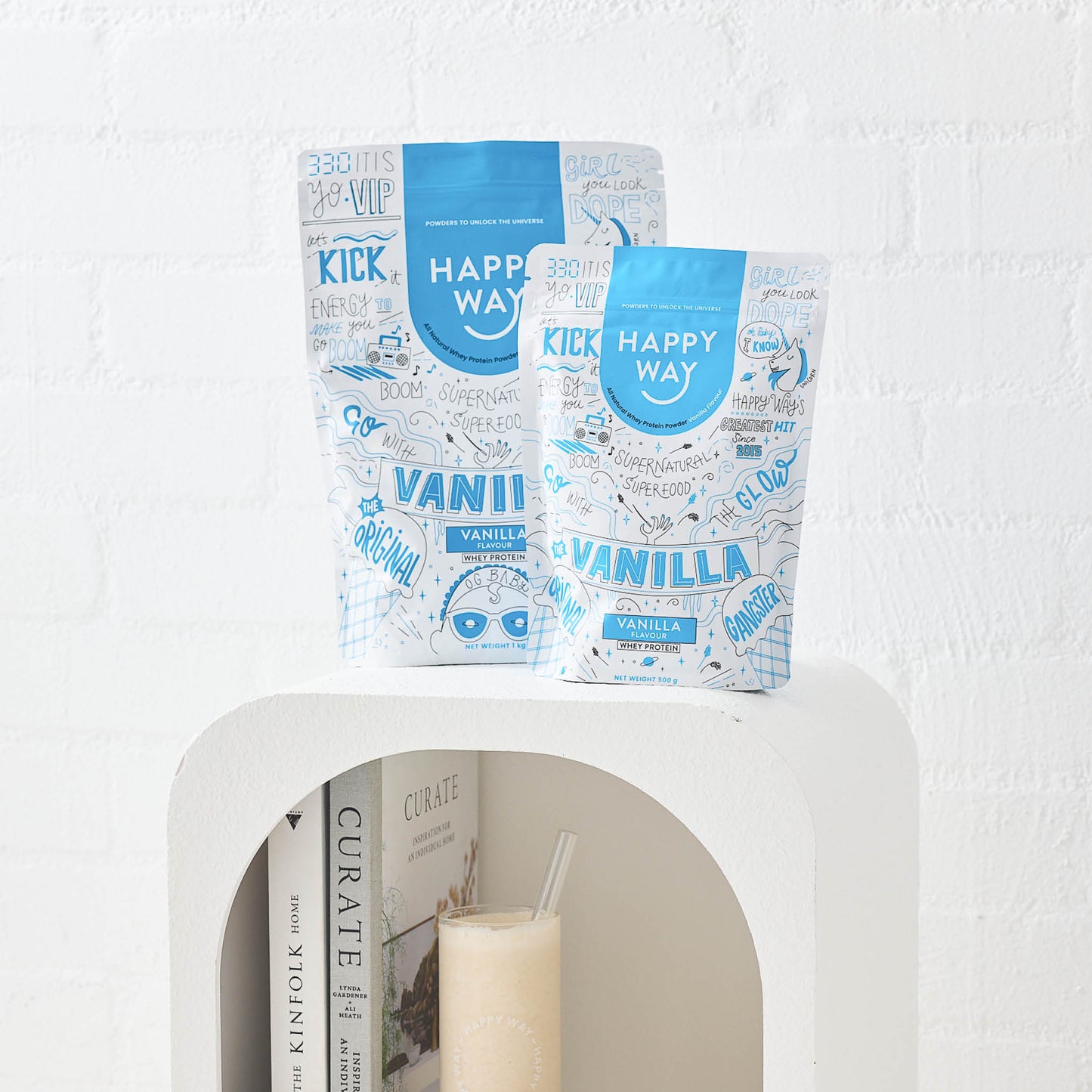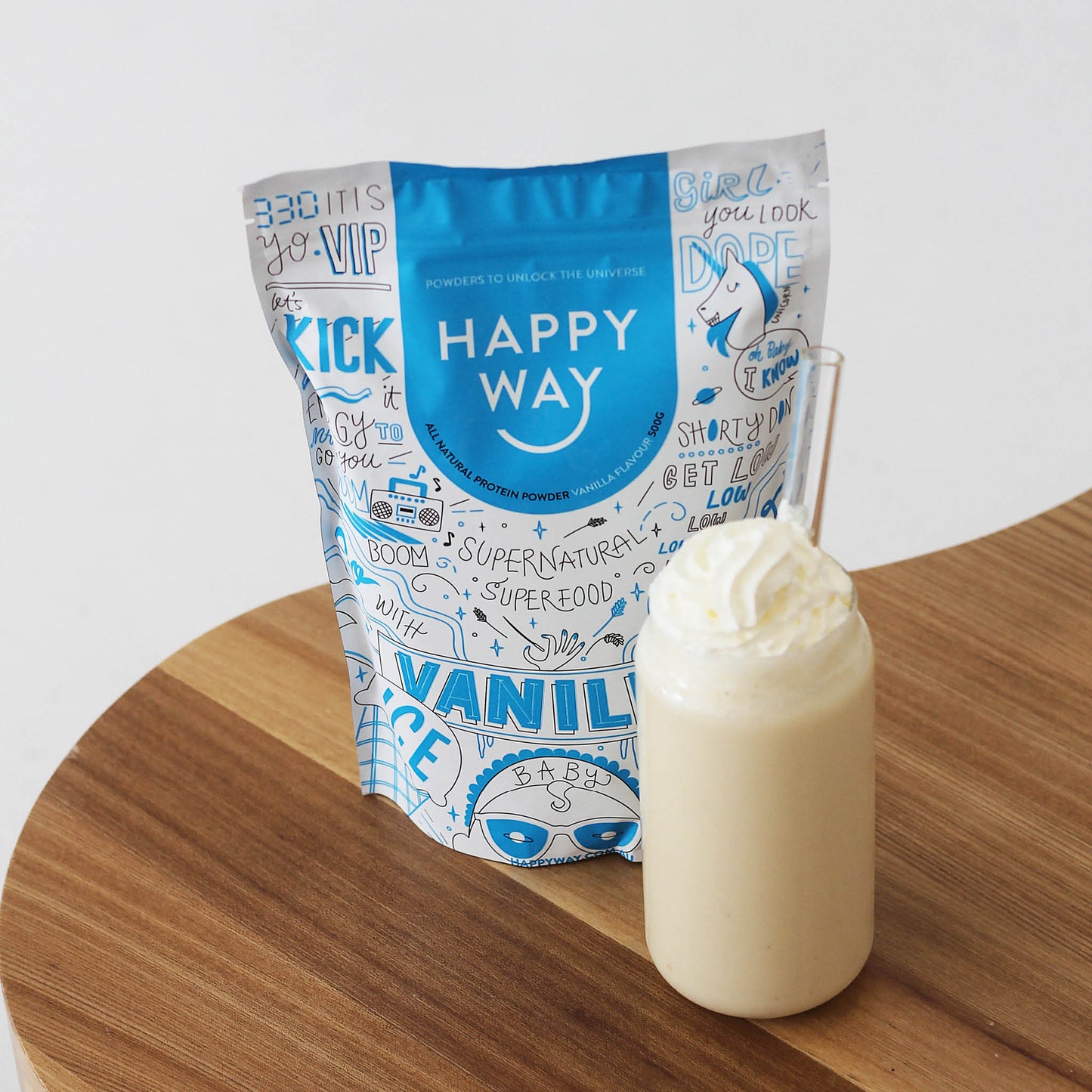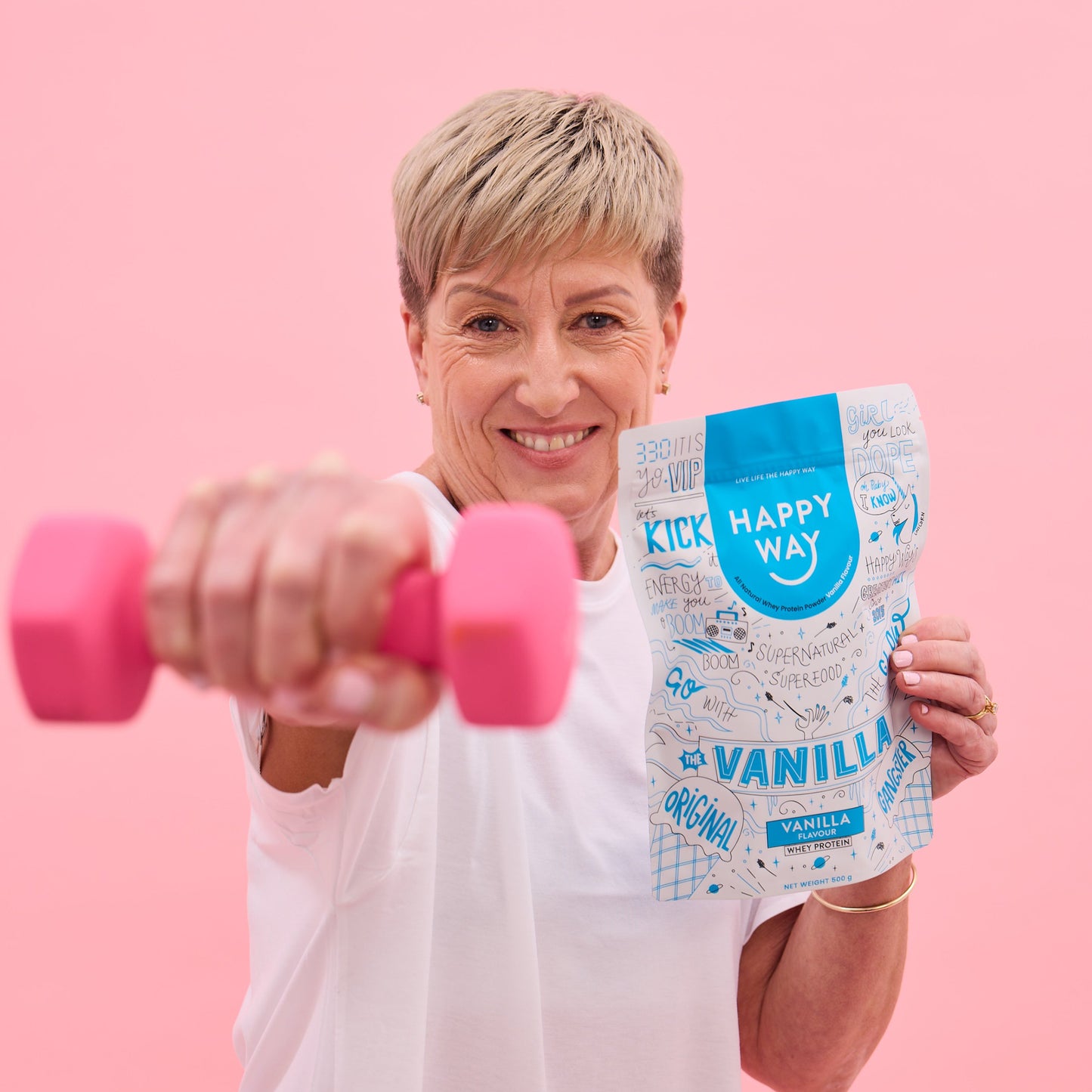Have you ever noticed that in the week leading up to your period, your appetite feels
bigger than usual or that you’re constantly craving something sweet? You’re not
imagining it.
To help navigate these changes with more ease, we caught up with Certified Nutritionist Heidi Rose, who specialises in women’s health and hormones. From understanding why your hunger spikes to practical, science-backed tips for staying satisfied, Heidi shares simple strategies to help you feel more in control and less hangry before your period (because we’ve all been there, felt that!).
Why Hunger Increases Before Your Period

During the luteal phase (the days between ovulation and your period), progesterone
levels rise. This can slightly increase your basal metabolic rate, meaning your body
naturally burns more energy. Research suggests this can add up to around 100–300
extra calories per day for some women.
At the same time, fluctuating hormones can affect your appetite-regulating signals
and blood sugar balance, leaving you hungrier, craving quick-fix foods, or feeling
less satisfied after meals.
This isn’t about lack of willpower, it’s biology.
What to Do About Your Increased Appetite

Here are some practical ways to support your body before and during your period:
- Include an extra protein-rich snack: Try a smoothie with Happy Way Protein Powder, or enjoy a slice of Happy Way Banana Bread. Protein helps keep you fuller for longer and stabilises energy.
- Add nourishing fats: Mix in avocado, hemp seeds, nut butter, or chia seeds to smoothies, toast, or banana bread. These healthy fats slow digestion and provide longer-lasting energy.
- Support digestion and comfort: If bloating or sluggish bowels are an issue, stay hydrated by sipping on ginger tea and including fibre-rich foods (fruits, veggies, oats, flaxseeds) and doing light activity/movement.
- Don’t skip meals: Balanced meals are especially important in the lead-up to your period. Skipping meals can cause blood sugar dips that trigger stronger cravings.
- Spread your meals and snacks throughout the day: Eating every 3–4 hours helps prevent the ‘hangry’ crash and keeps energy steady.
-
Focus on key nutrients before your period:
Magnesium-rich foods: leafy greens, pumpkin seeds, almonds, dark chocolate
Vitamin D sources: salmon, sardines, egg yolks, mushrooms exposed to sunlight, plus safe sun exposure.
Omega-3s: fatty fish like salmon, mackerel, sardines, or plant-based options like chia seeds, flaxseeds, and walnuts.
These nutrients are linked with easing PMS symptoms such as cramps, poor sleep, and mood changes.
Focus on key nutrients during your period:
- Iron-rich foods: red meat, chicken, lentils, spinach, quinoa.
- Vitamin C foods: citrus fruits, strawberries, kiwi, capsicum — pair these with iron sources to boost absorption.
-
Ginger: fresh ginger in tea, stir-fries, or smoothies may help reduce
cramps and bloating.
Can Supplements Help with PMS?

I always recommend a food-first approach because whole foods provide a wide
range of nutrients, fibre, and antioxidants that supplements can’t replicate. Still,
some supplements can offer extra support, particularly if you struggle with PMS
symptoms or can’t consistently meet your needs through diet.
Here are a few of my go-to ways to support your body before and during your period:
- Happy Way Protein Powder — A practical way to help you hit your protein targets, especially on busy days. Keeping your protein intake steady before and during your period can help balance blood sugar, curb cravings, and keep your energy levels more stable.
- Happy Way Magnesium Powder— May support muscle relaxation, reduce PMS-related cramps, and improve sleep quality. Magnesium levels can naturally drop before your period, so topping up can help ease tension, calm the nervous system, and support a better night’s rest.
- Omega-3s — linked to reduced inflammation and improved mood.
- Vitamin D — plays a key role in mood regulation, bone health, and energy; low levels are common, especially in cooler months. Happy Way’s Mixed Berry Collagen gets bonus points for including Vitamin D! It’s a simple way to top up your collagen and support mood, bone health, and energy all in one.
Supplements aren’t a replacement for nourishing meals, but they can act as
helpful top-ups when needed.

Moving Forward
Feeling hungrier before your period is completely normal—it’s your body’s way of
asking for a little extra care. By focusing on balanced meals, nutrient-rich foods, and
showing yourself compassion, you can support your hormones, energy, and mood
through the ups and downs of your cycle.
With love, Heidi x
Disclaimer: This information is for general educational purposes only and should not replace personalised medical or nutritional advice. Please consult your healthcare provider before making significant changes to your diet, lifestyle, or supplement routine, especially if you have a medical condition or take prescribed medications.
